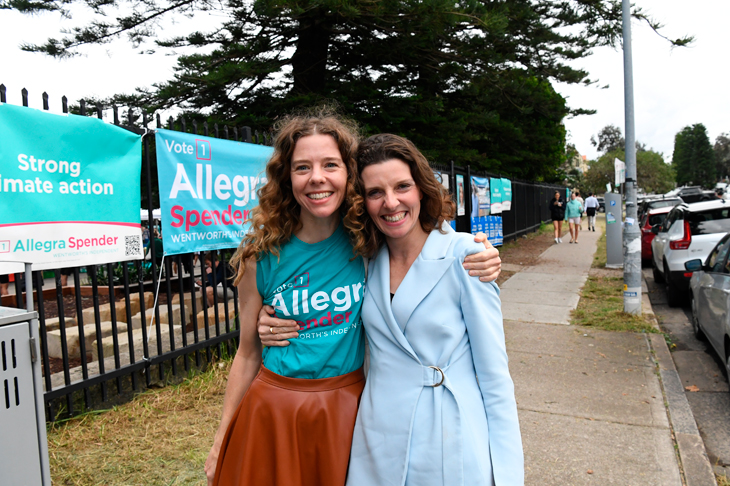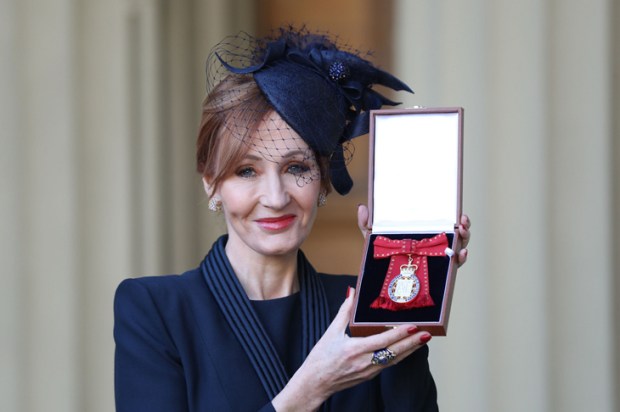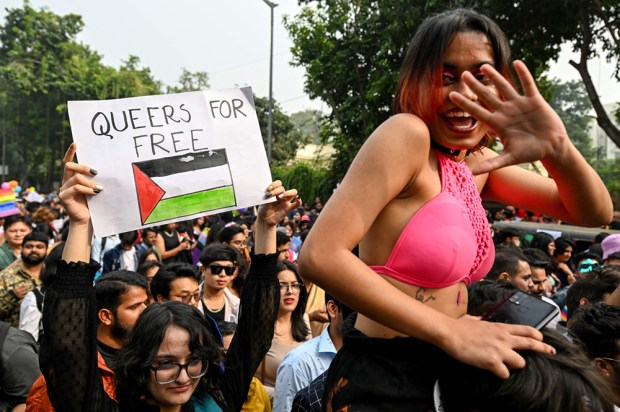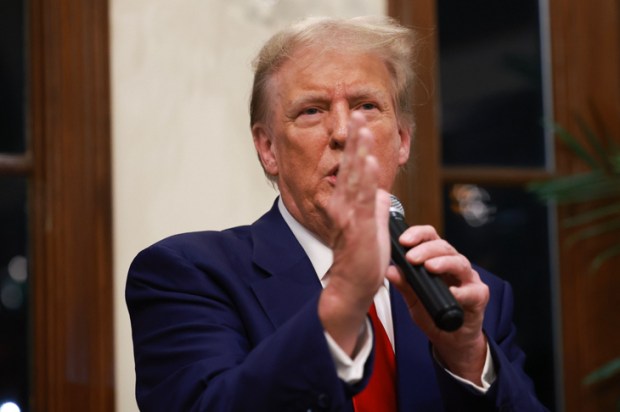We live in a world that seems to have largely abandoned punctuation – those small marks between words that help make sense of a sentence. Text messaging normally contains no punctuation – and in emails (it seems to me) punctuation is being used less and less. Adding to the problem is the apparent failure of the education system to teach punctuation. Why does it matter? Well, here’s a simple example of the difference punctuation makes. Take these words: ‘Woman without her man would be a savage.’ What do those words mean? It depends entirely on how you punctuate that statement. You could take it to mean: ‘Woman without her man, would be a savage’ – a statement about the savage nature of women without men. Or you could punctuate it to mean: ‘Woman: without her, man would be a savage’ – the very opposite meaning, that without women men are savages. If you’d like to know more about punctuation, the most entertaining book on the subject is Eats, Shoots and Leaves: The Zero Tolerance Approach to Punctuation by Lynne Truss. I remember interviewing Lynne on my radio show in 2003. She is very clear (and very funny) on the subject. Linguist David Crystal says she is too ‘prescriptivist’ on punctuation. But perhaps that’s what we need in a world that has turned its back on bothering to use those little black marks properly!
You and I have seen people who simply can’t drag their eyes away from their mobile phones. This addiction has its own acronym these days – FOMO (Fear of Missing Out). And the worst disaster they can imagine in life is… losing their mobile phone! That fear has been given the name of its own: ‘nomophobia’. This addition to an ever-growing list of phobias (‘phobia’ comes from the Greek word for fear) is a contraction of the expression ‘no-mobile-phone-phobia’. The expression was coined fairly recently during a study to find out the psychological ramifications and stress levels of mobile phone usage on behaviour, and describe the level of fear generated when a user is unable to communicate through their smart phone. The interesting thing to us wordies is that there is an earlier, identical, expression with a different meaning. ‘Nomophobia’ is recorded from the early 1800s (a bit before smart phones) with the meaning of ‘fear of laws or rules’. It comes from the Greek word for law: nomos. So, if your psychiatrist says you are suffering from ‘nomophobia’ I guess you’ll have to ask: which one?
Commentators on the hard-left love to throw around the word ‘populism’ as a sneer word to attack conservative movements or politicians. If you don’t like Donald Trump, you can dismiss him with a wave of the hand as a populist. But are the Teal independents the real populists? In his book The Global Rise of Populism, Benjamin Moffitt argues that there are certain traits associated with typical populists. One is claiming that we are in a state of crisis, facing a life-threatening emergency. Does that sound like the Teal climate alarmists? Another is persuading people that they (the populists) are not part of the establishment – and here we have the Teals making a song and dance about being political virgins unstained by the inadequate climate targets adopted by the major parties. Populists are also likely to be drawn towards authoritarianism – such as forcing us all out of our (evil) petrol cars. And populists tend to promote very few policies. Not for them the messy business of foreign affairs, national security and economic management. And that’s the Teals, isn’t it? Give them drastic climate action and a federal ICAC and their political philosophy is complete. Narrow interests and an emotional appeal – does that sound like manipulative ‘populism’? It certainly sounds like the Teals.
Got something to add? Join the discussion and comment below.
Get 10 issues for just $10
Subscribe to The Spectator Australia today for the next 10 magazine issues, plus full online access, for just $10.
Contact Kel at ozwords.com.au
You might disagree with half of it, but you’ll enjoy reading all of it. Try your first month for free, then just $2 a week for the remainder of your first year.














Comments
Don't miss out
Join the conversation with other Spectator Australia readers. Subscribe to leave a comment.
SUBSCRIBEAlready a subscriber? Log in